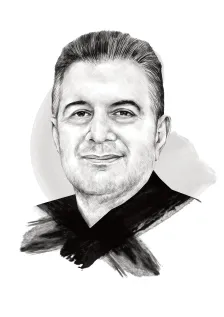These are not easy days for Jerome Powell, the chairman of the US Federal Reserve (aka the Fed). In the testy, anxious run-up to a vital presidential election, he is paddling hard underwater while looking serene above it.
Powell has studiously sought to avoid the political pitfalls as Washington prepares for the 5 November vote, which will pit Republican contender and former president Donald Trump against Democratic contender and current Vice President Kamala Harris.
After the central bank’s meeting in July, Powell stressed that politics are not part of the Fed’s considerations and do not drive changes in its approach to analysing economic data, making decisions, and formulating solutions. In a reference to monetary policy, he said: “We never use our tools to support or oppose a political party, a politician, or any political outcome.”
To cut or not to cut
Powell will know that he could, in other circumstances, be America’s most powerful voter because what happens to interest rates in the run-up to an election is crucial. Finally, cutting interest rates after a series of hikes could stimulate the economy and give much-needed ‘good news’ to the incumbent administration, represented by Harris. That is likely why Trump and the Republicans recently called on Powell not to do so.
Interestingly, he did not make the anticipated interest rate cut at his most recent opportunity to do so. His next opportunity comes this week. Again, a cut is expected.




